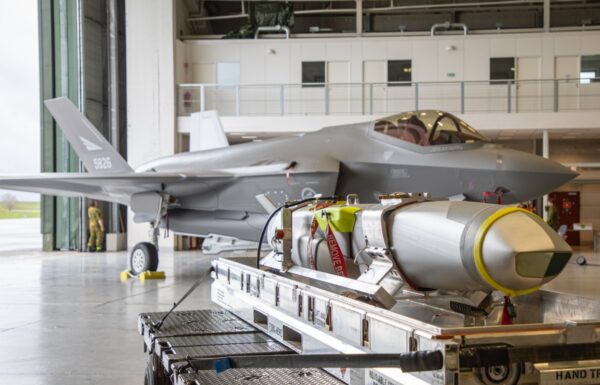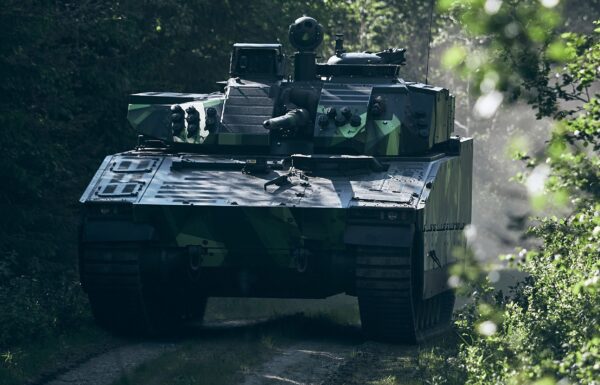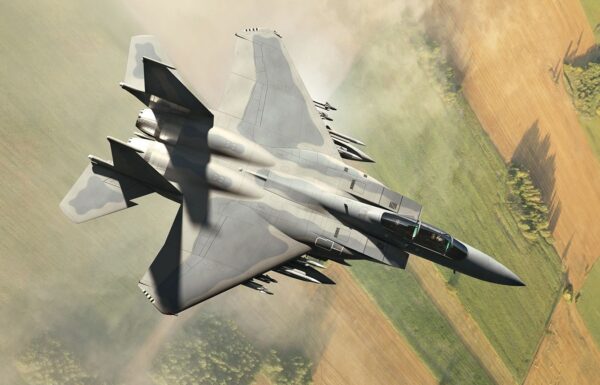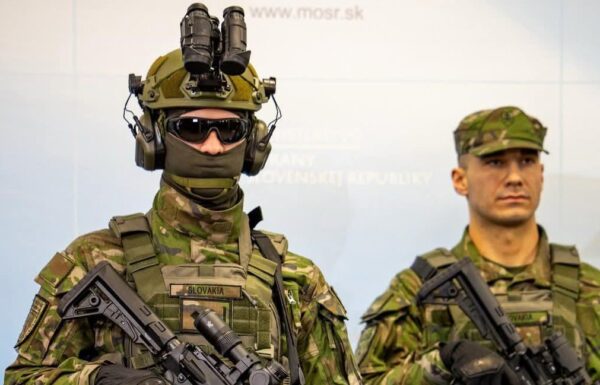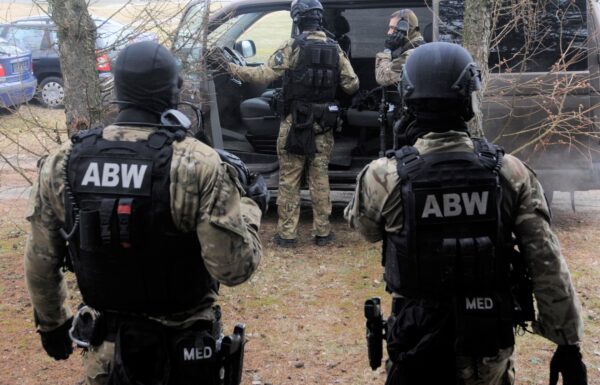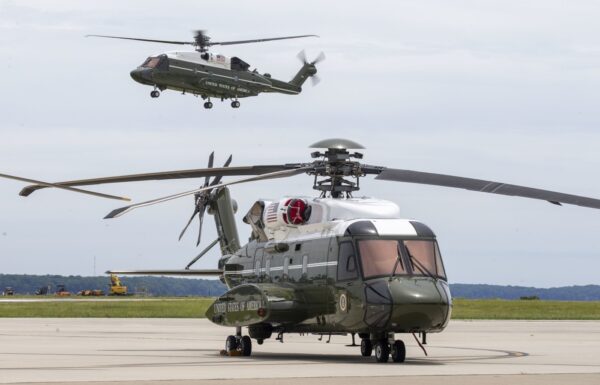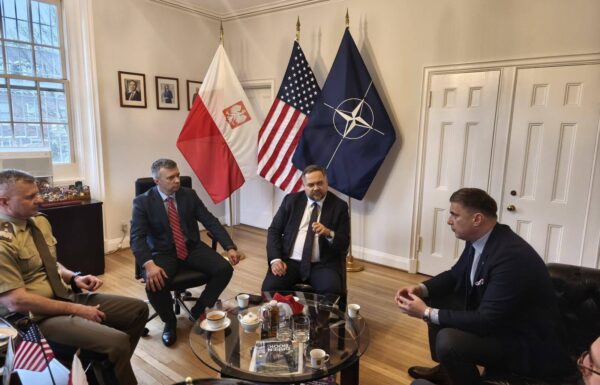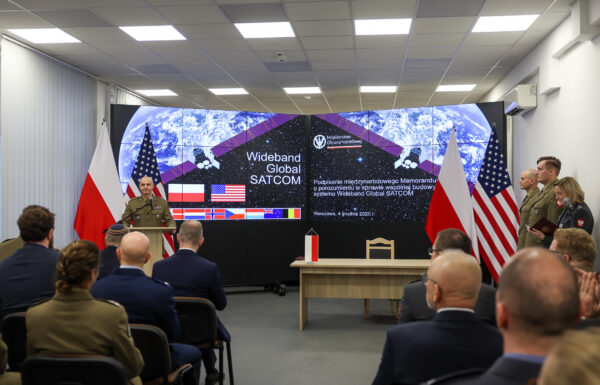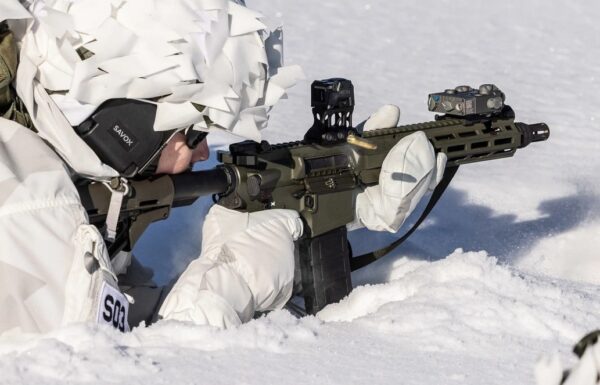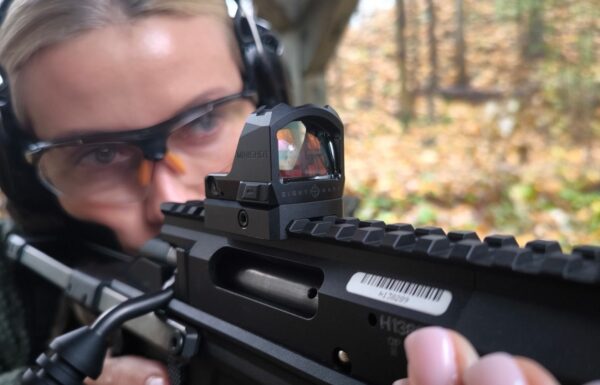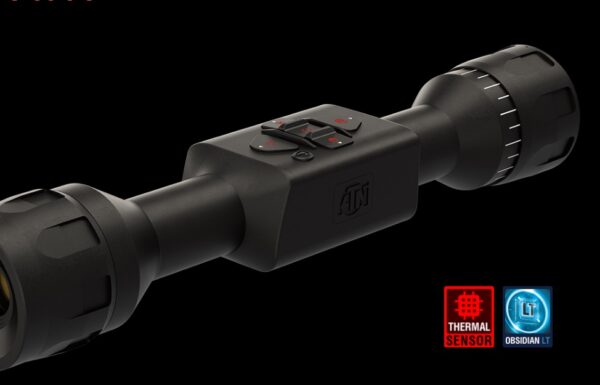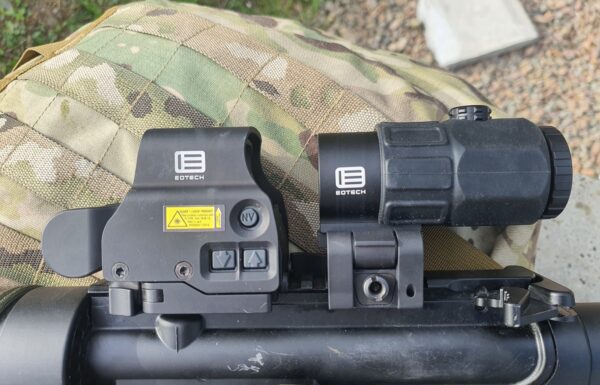As early as April, U.S. intelligence warned that Iran might decide to launch a retaliatory attack on Israel in response to the attack on the Iranian embassy in Syria. Warnings followed in July and August. The anticipated attack, however, did not occur until the fall.
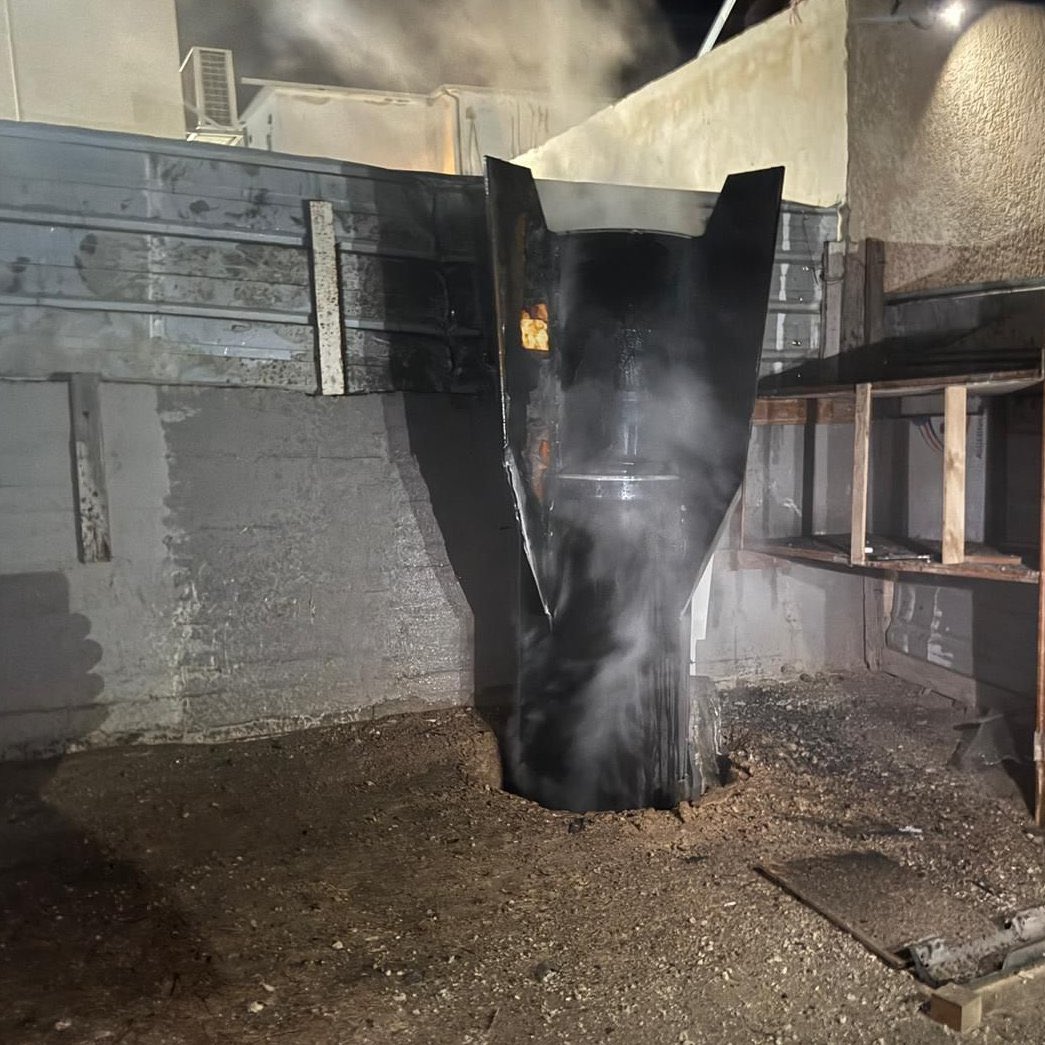 The burnt-out stage of an Iranian ballistic missile in the Bedouin town of Tel Sheva in the Negev Desert / Photo: Internet
The burnt-out stage of an Iranian ballistic missile in the Bedouin town of Tel Sheva in the Negev Desert / Photo: Internet
Late in the evening of October 1, Iran ultimately decided to carry out a limited missile attack on Israel. Some media outlets report that around 500 rockets were launched, while others suggest around 400, though the actual number of missiles used was lower. According to the commander of the Islamic Revolutionary Guard Corps, Sardar Salami, 200 ballistic missiles were fired toward Israel. The Israelis reported that 180 missiles breached Israeli airspace.
They did not cause significant damage, although in several places they gave Israeli forces quite a scare. Iranian ballistic missiles landed very close to the Mossad headquarters and the main Moshe Dayan camp in Ramat Hasharon, as well as the Nevatim and Tel Nof airbases. However, it seems that there are greater concerns about the escalation of the conflict in the Middle East in the Kremlin than in Tel Aviv.
Russian fears
Due to the weakness of its own industry, Russia purchased over 400 ballistic missiles from Iran, including those from the Fateh-110 and Zolfaghar families. The deliveries were set to begin at the start of this year. The missiles, due to the embargo, are being delivered primarily by air. So far, however, there is no evidence that the Russians have already used the new weapon against Ukraine on multiple occasions.
The Fateh-110 missiles have been produced by Iran’s Aerospace Industries Organization since 2002 and can carry a high-explosive warhead weighing up to 500 kg over a distance of up to 500 km. Unfortunately, it is not very accurate. The margin of error is up to 100 meters from the designated target in the latest version. Older versions have a range of only 200 km and an accuracy tolerance of up to 200 meters from the aiming point.
The Zolfaghar missiles have a greater range, directly derived from the Fateh series. They are capable of striking targets up to 700 km away, but their accuracy and reliability are considered very poor due to the use of civilian GNSS navigation systems, which was evident during the recent attack.
For this reason, the Russians are somewhat concerned about the escalation of the conflict. Serious Iranian involvement in a confrontation with Israel would mean that ballistic missile deliveries will be, if not severely limited, possibly halted altogether. There will also be significantly fewer Shahed-136 drones reaching the front lines, which are already being produced in Russia under the name Geran-2.
Russian experts and military bloggers have noted that deliveries from Iran help maintain the frequency of attacks, especially with the use of drones, and a full-scale conflict could complicate the situation in Ukraine.
Therefore, the Russians are being cautious and trying to influence American public opinion by suggesting that Israel is attempting to drag the U.S. into a war with Iran. For several days, the Russian Ambassador to the United Nations, Vasily Nebenzya, has been repeatedly mentioning this. The Russian Permanent Representative to the UN also stated that Russia is calling on all members of the Security Council to curb Israel’s aggressive actions.
Can the war benefit Russia?
On the other hand, Russian analysts note that the escalation of the conflict into a large-scale regional war could, to some extent, be beneficial for Russia. Viktor Biryukov pointed out that, in such a scenario, the focus of world public opinion and the United States would shift to the Middle East, significantly increasing the likelihood of weakening support for Kyiv and freezing the conflict.
He is not the only Russian journalist who observes that for American public opinion and politicians, Israel is far more important than Ukraine. Therefore, they emphasize that the most logical decision for Russia in this situation would be to refrain from interfering in any way with what is happening in the Middle East and avoid supporting either side of the conflict.
Among Russian experts, two opposing views are at play. However, the most important decision is the one made in the Kremlin, where there seems to be growing concern about the potential halt in arms supplies. Could the state of the Russian defense industry be that bad? It’s doubtful, but observing Russian diplomatic actions may provide more clarity.


